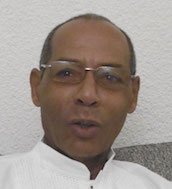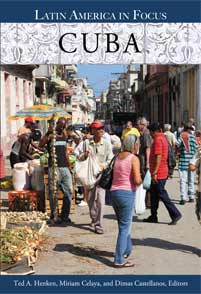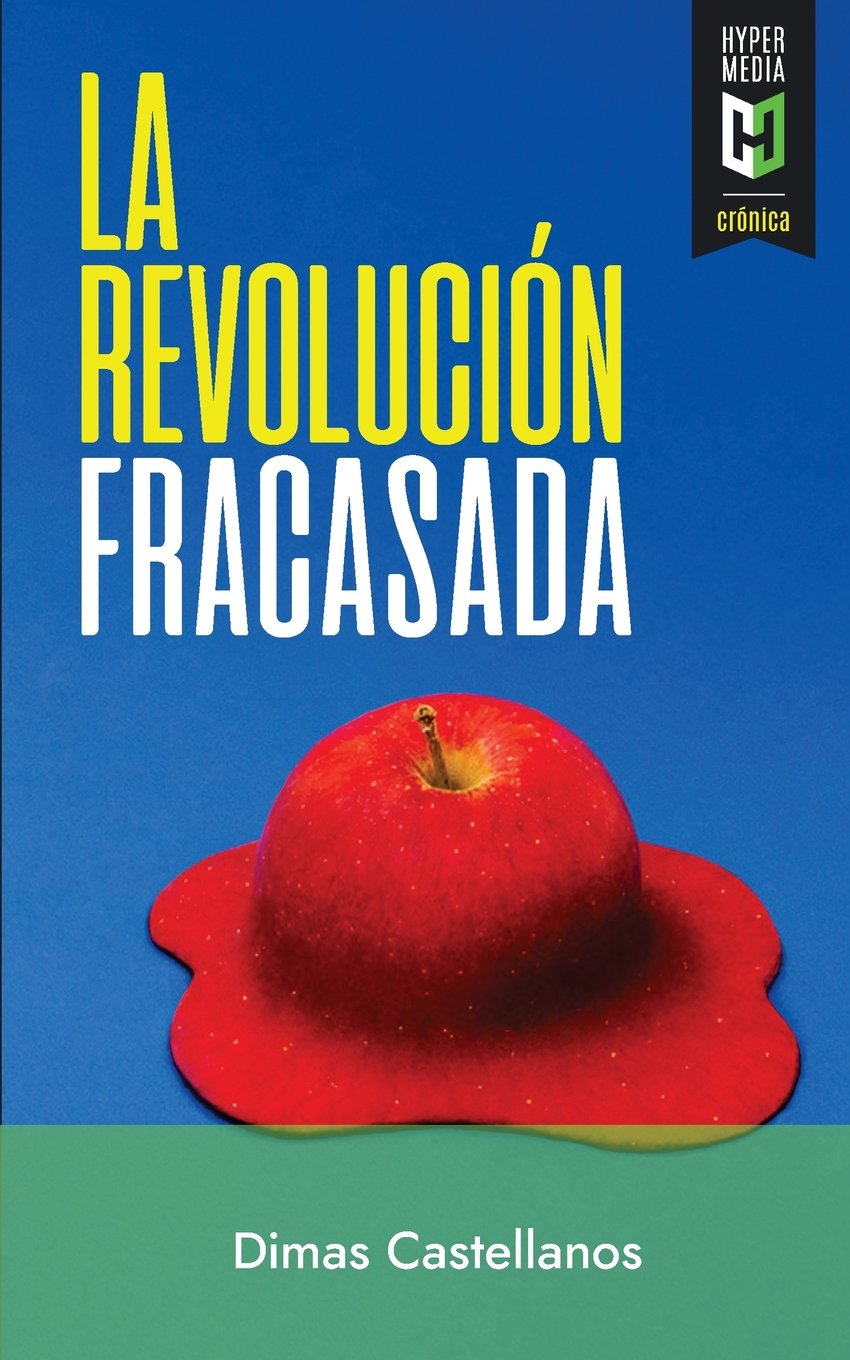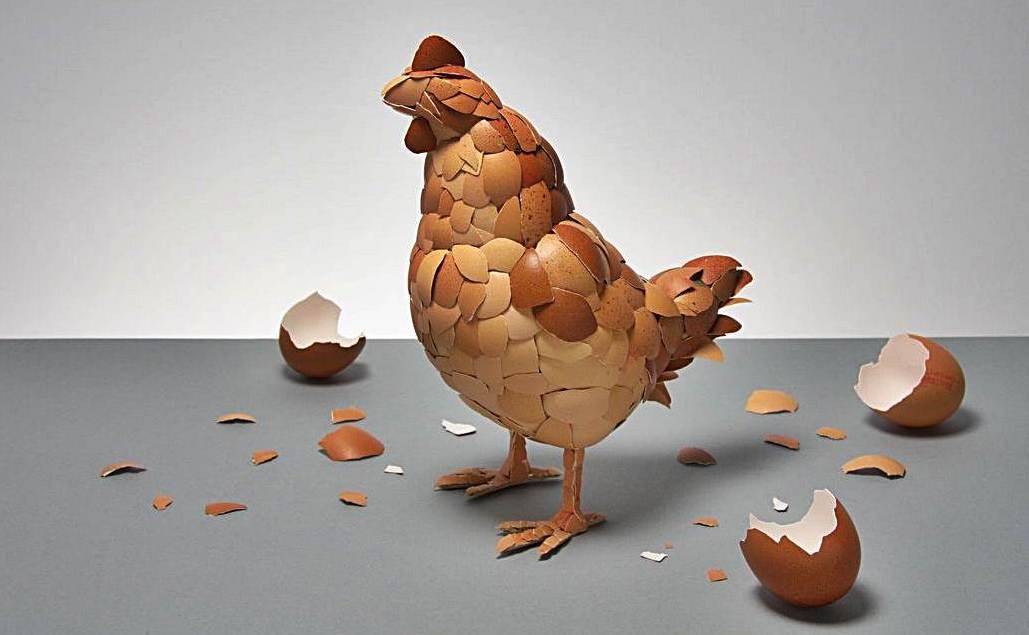The Cuban Economy and the Latest the Chicken-or-the-Egg Paradox
Once again, Castro's leaders grapple with the relationship between productive incapacity and insufficient wages.
The age-old dilemma about which came first, the chicken or the egg, which since ancient times has generated so many philosophical disquisitions, has its very own version in Cuba; more down-to-earth, but no less useless. This one is about the relationship between productive incapacity and insufficient salaries, and we have seen it several times before.
The last took place on October 13 and 14, 2020 on the television program Mesa Redonda, hosted by Marino Murillo Jorge, head of the Permanent Commission for the Implementation of the (Economic) Guidelines; and Alejandro Gil Fernández, Finance and Planning Minister.
The first time occurred with the loss of the Soviet subsidies, which had artificially sustained the Cuban economy for three decades. At that time, instead of restoring a market economy, to alleviate the crisis the Government decided to implement a package of partial and temporary measures between 1993-1994, while side-stepping the changes that the economy demanded, and holding out hope for the appearance of a new benefactor. The result: the crisis worsened.
The second time came 15 years later, on February 24, 2008. Raúl Castro was appointed President of the Council of State and Ministers on that day, presenting a series of changes aimed, essentially, in his words, at the sustained growth of the national economy, the satisfaction of the population's basic needs, the progressive revaluationX of the Cuban peso, and the recovery of the wage function. According to his scheme - applied to the dilemma between the chicken and the egg - the growth of the economy would lead to the recovery of wages without the need to return to a market economy. The result was the same: the crisis worsened.
The third occurred in February 2014, when at the closing of the 20th Congress of the Workers' Central Union of Cuba (CTC), the president of the Councils of State and Ministers synthesized the problem in a few words. Salaries, they said, "do not satisfy all the needs of the worker and his family, generate demotivation and apathy towards work, undermine discipline, encourage the exodus of qualified personnel to better-paid activities, and discourage the promotion of the most capable and discilpined to higher positions." They concluded that "to distribute wealth, we must first create it, and to do this we must steadily boost efficiency and productivity." That is: first production, then salaries. But the result did not change: the crisis continued to worsen.
The fourth just happened, in October 2020, when Marino Murillo and Alejandro Gil explained a new strategy and the sequence of the steps to solve the dilemma between the chicken and the egg. This time the socialist economy will definitively demonstrate that it is "prosperous and sustainable."
The fact that only what is produced can be distributed is an obvious truism requiring no proof. Without increased production there will be no improvement in living conditions, this being so evident that it goes without saying. At the same time, if wages do not improve, people will not be willing to produce.
The debate should focus on why the centralized planned economy has failed in Cuba, and elsewhere. It suffices to focus one's attention on what the regime does not want to see: Cubans, unmotivated, are not willing to make an effort today to enjoy an uncertain future, as our grandparents and parents did, who worked hard for more than 60 years to "enjoy" rises in prices, shortages and endless lines.
Where should they start, then? Well, with producers' participation as subjects and not as objects of a party and an ideology. This is a problem that, although it may have been generated by only some, affects everyone, and cannot be solved without everyone's participation. But participation implies the implementation of comprehensive reform, instituting everything from private property to certain freedoms. Without these steps there will be no solution, but to take them requires something the Cuban authorities lack: political will.
Meanwhile, Marino Murillo and Alejandro Gil insist on the chimerical idea of developing an efficient economy while preserving the very cause of the previous failures: centralized planning, defined by the President of the Republic as the first task of the "new strategy." Meanwhile - they have explained - the rationing book will be maintained, recognized as the ideal way to distribute poverty.
The plan presented, based on the assumption that more attractive wages and fewer gratuities will generate greater interest in working, and that the inevitable monetary devaluation will stimulate exports, does not take into account that the wage increase will be eaten up by the increase in prices. It is a plan reflecting a failure to realize that the current model is based on a false conception of human nature, and removes people's incentive to produce more or provide better services.
Continuing to experiment by incorporating some elements of the market economy, but without economic freedom, is a fool's errand. And this can only be put down to an inexcusable ignorance of basic economic principles, or the intention to "continue to buy time" while waiting for a new sponsor, or for the "enemy", after the next elections in the US, to help us continue to hobble along, without changing. This is a path that, by increasing social tensions, could lead to a violent outcome, which would be disastrous for both the people and the government.




